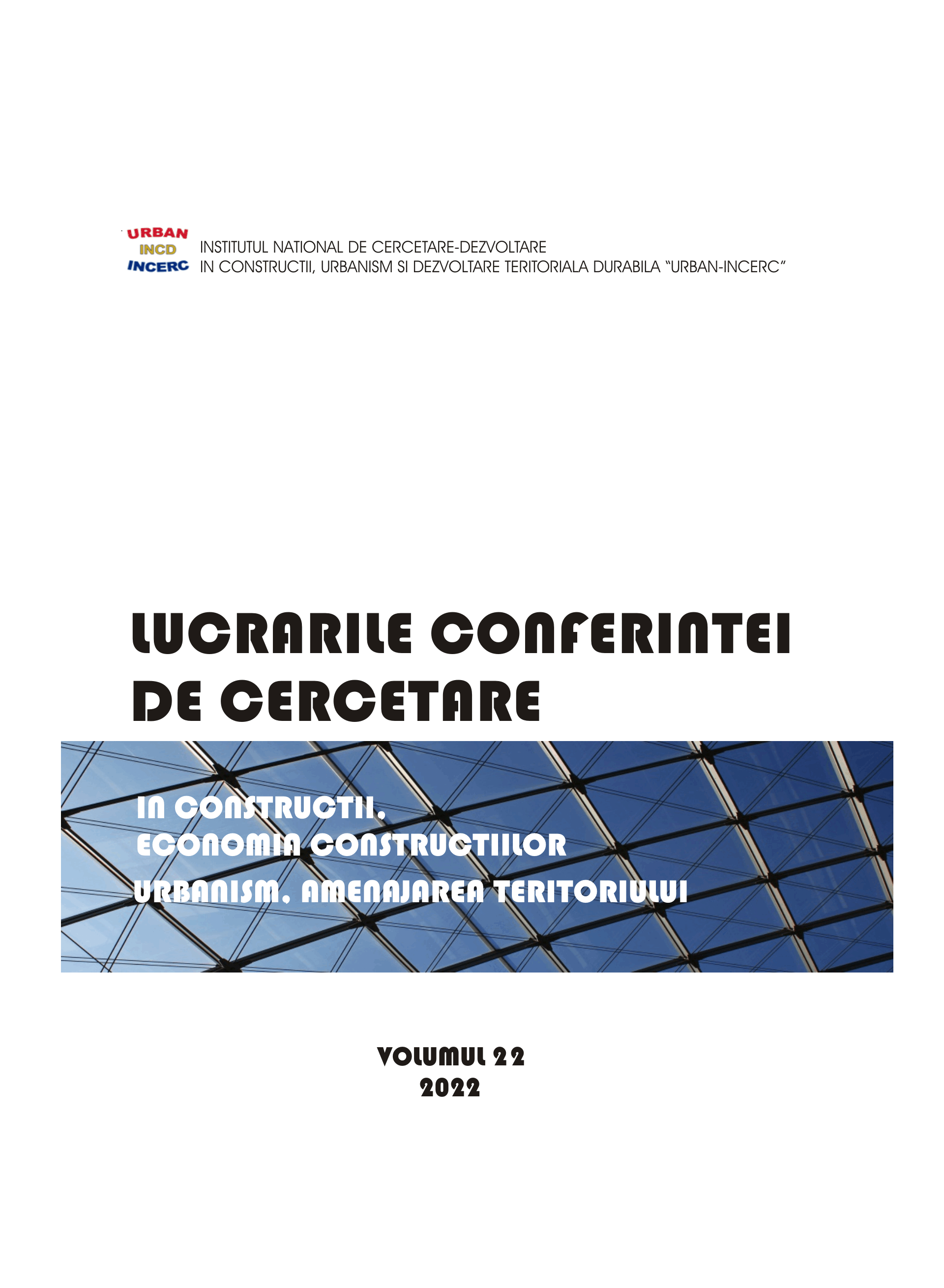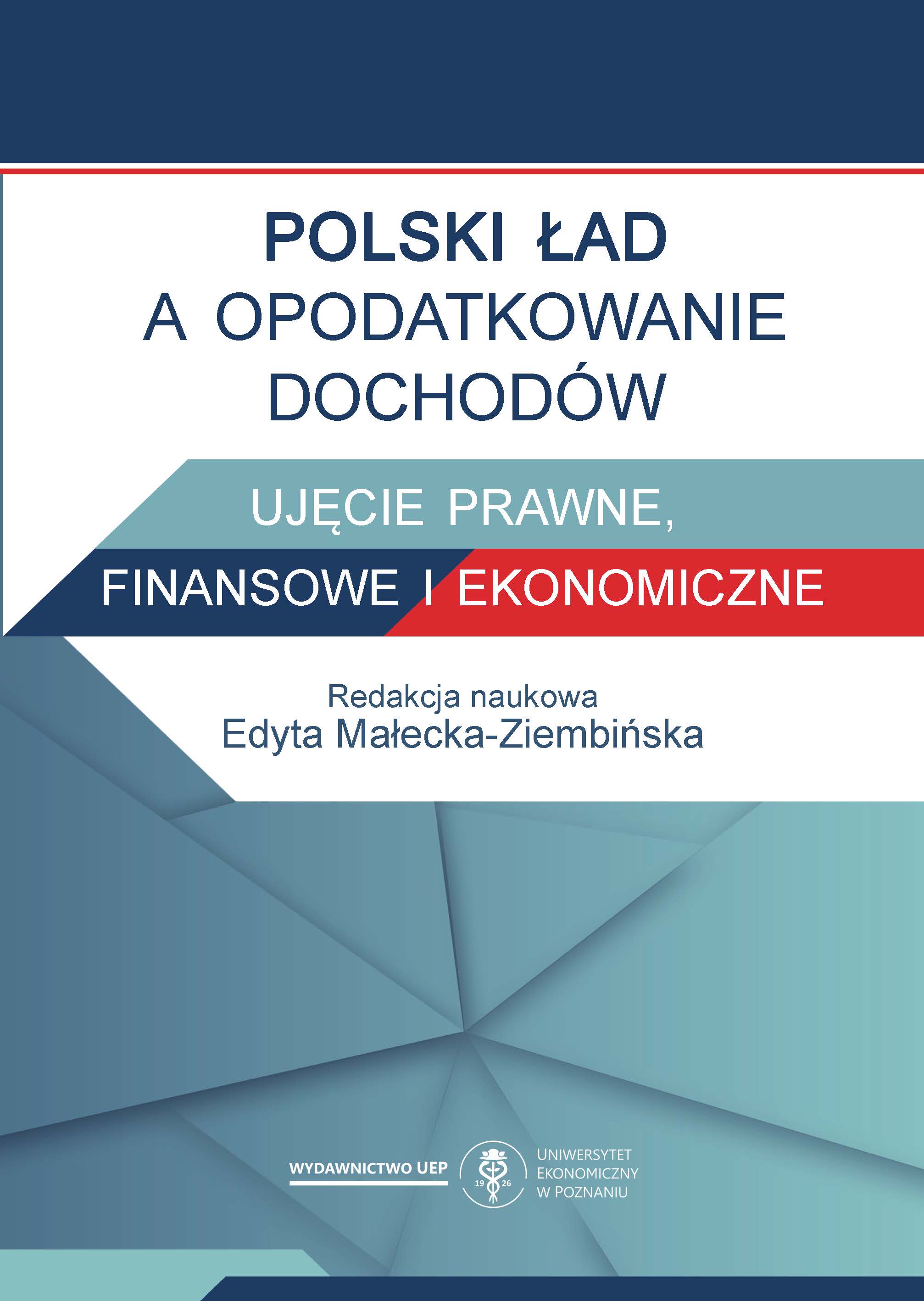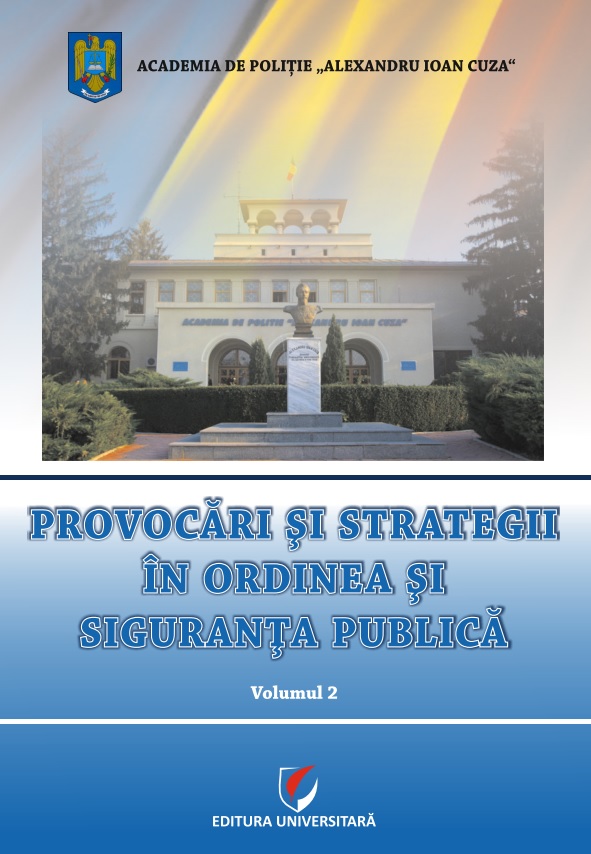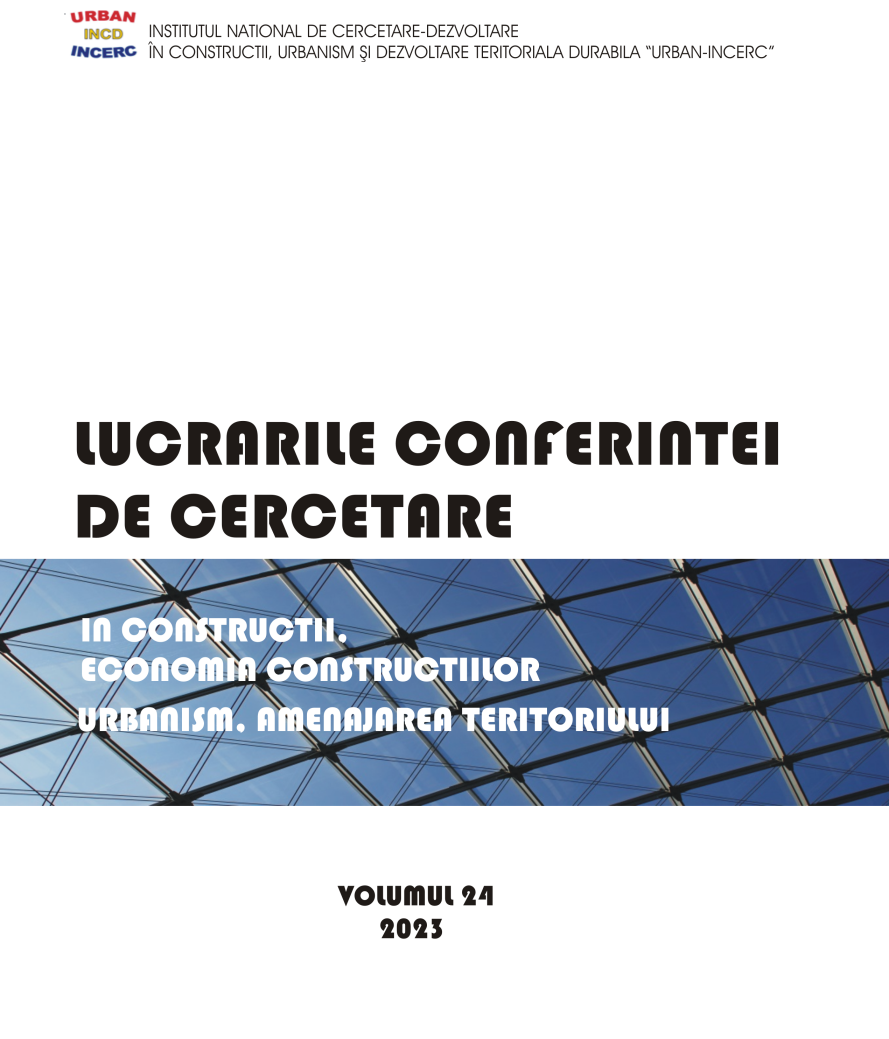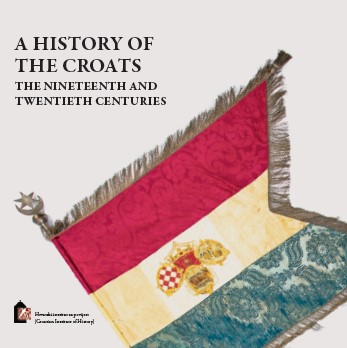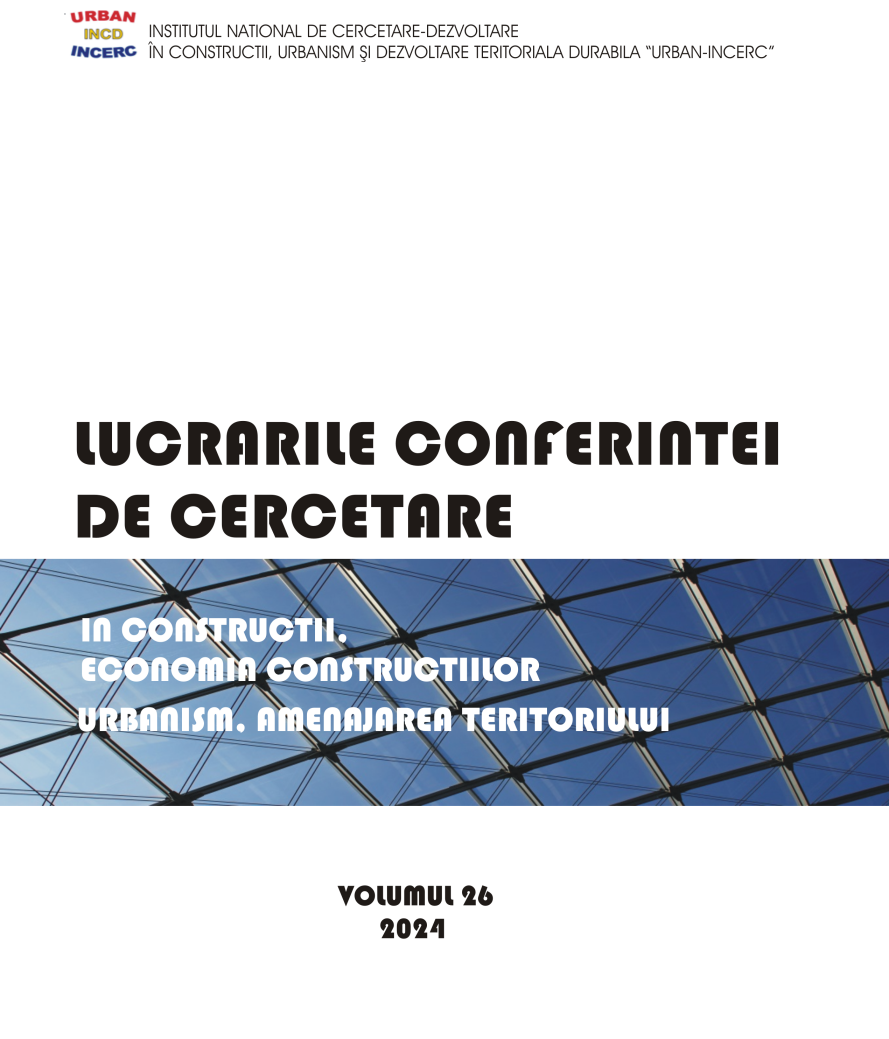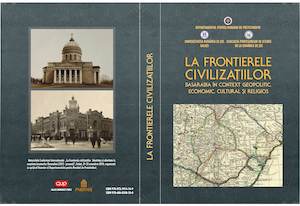
Preocupări ale autorităţilor române pentru amenajarea portului maritim Bugaz (Limanu Nistrului) 1918‑1940
Un sumar bilanţ al activităţii portului Bugaz pe parcursul celor aproape opt ani, între redeschiderea traficului şi cedarea ocupantului sovietic, relevă rezultate pozitive pe mai multe paliere. Populaţia locală şi cea din hinterlandul portului, care a cuprins o regiune de 100 km din sudul Basarabiei, a beneficiat de un debuşeu pentru exportul produselor cerealiere, cu preţuri avantajoase şi stimulative. Navigaţia între Marea Neagră şi limanul Nistrului s-a îmbunătăţit ca urmare a amplasării balizelor şi instalaţiilor de acostare a navelor. De aceste facilităţi au beneficiat nu numai navele care veneau la încărcat, ci şi pescarii din zonă. Numărul locurilor de muncă, stabile şi temporare, a crescut. Portul Bugaz a provocat o mişcare economică şi comercială în sudul Basarabiei cu efecte în îmbunătăţirea transporturilor pe apă cu porturile Constanţa şi Sulina, de unde cerealele luau drumul spre pieţele din Orientul Mijlociu şi Occident. La Bugaz s-a derulat o activitate „determinată şi condusă în spirit naţional românesc”, într-o zonă cu o populaţie eterogenă şi cu o utilizare pentru comunicare „din ce în ce mai întinsă a limbii româneşti” . Indubitabil, portul Bugaz a contribuit la consolidarea procesului conexării Basarabiei la economia unitară a României.
More...
